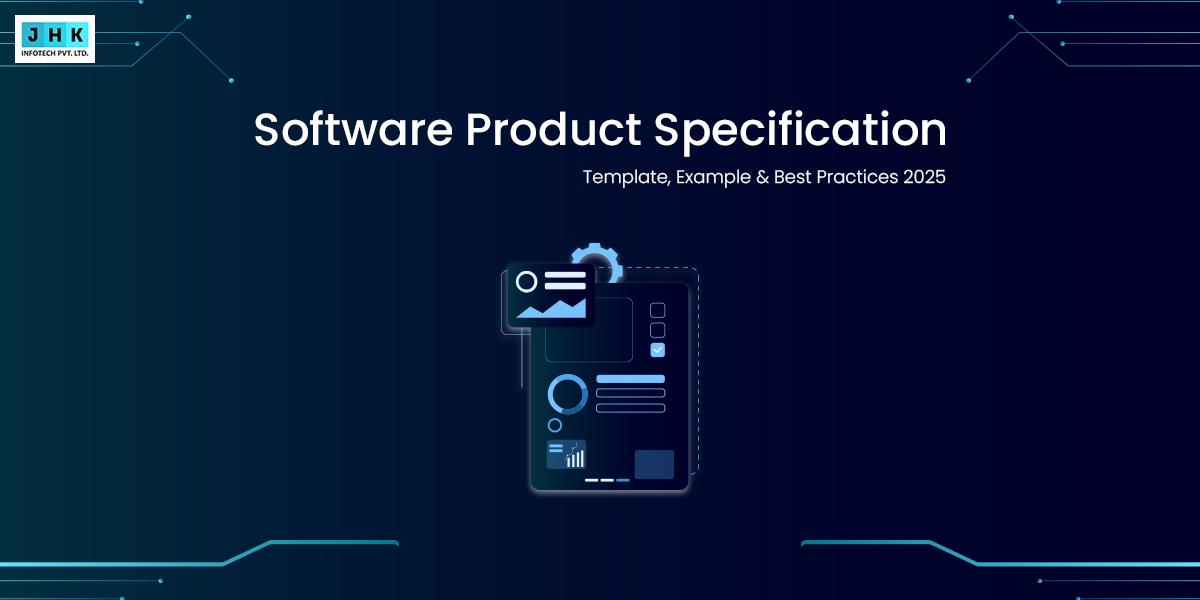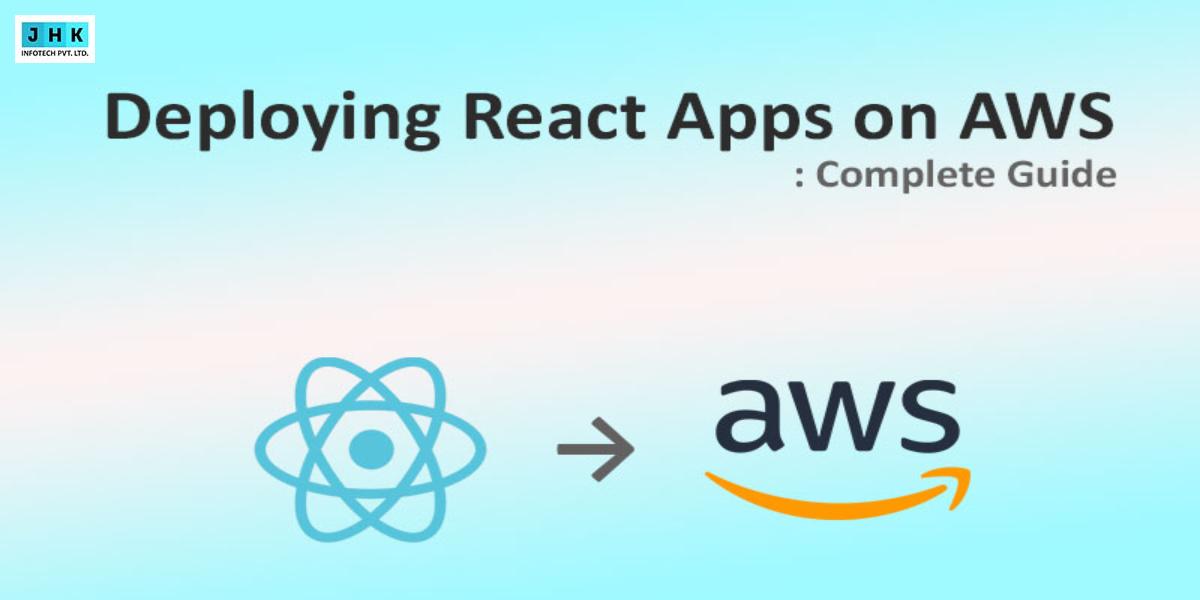Which is Better: App Development or Web Development?

In today’s fast-paced digital landscape, the decision between app development and web development plays a crucial role in determining the success of a business’s online presence. Choosing the right development path isn’t just about the technology—it’s about aligning the platform with your business objectives, target audience, and overall strategy. Whether you’re launching a new product or expanding an existing service, the digital medium you choose for delivering your offering can significantly impact customer engagement, conversion rates, and brand perception.
Understanding the Growing Demand for Digital Solutions
The demand for digital solutions has skyrocketed, fueled by the global shift toward online and mobile-first experiences. Businesses are seeking innovative ways to reach their customers, with websites and mobile apps serving as two primary channels. As digital consumer behavior continues to evolve, companies must understand the nuances between app and web development to cater to their audience effectively. This article delves into the characteristics, benefits, and challenges of both app and web development, helping businesses make an informed decisions.
App Development
What is App Development? A Brief Overview
App development refers to the process of designing, building, and deploying software applications that run on mobile devices such as smartphones and tablets. Unlike websites, which are accessed via web browsers, apps are downloadable programs that are typically installed on a device. App development aims to create functional, engaging, and user-friendly apps that enhance user experiences through personalized features and easy access to services.
Types of Apps
When it comes to app development, there are three main types: Native apps, Hybrid apps, and Progressive Web Apps (PWAs).
- Native Apps: These are built specifically for a particular platform (e.g., iOS or Android) using platform-specific programming languages (Swift for iOS, Java for Android). Native apps provide optimal performance and access to device features but require separate development for each platform.
- Hybrid Apps: Hybrid apps are built using web technologies like HTML, CSS, and JavaScript, and then packaged in a native wrapper. These apps can run on multiple platforms, offering cost savings and faster development timelines but often at the cost of performance and access to some advanced device functionalities.
- Progressive Web Apps (PWAs): PWAs combine the best aspects of both web and mobile apps. They are websites designed to function like apps, with features like offline access, push notifications, and a home screen icon. PWAs offer a seamless user experience without needing to download an app, making them a strong alternative to native mobile apps.
Technologies and Programming Languages Used in App Development
App development employs a wide range of technologies and programming languages, depending on the type of app being created. For native apps, languages like Swift and Objective-C for iOS, and Kotlin or Java for Android, are commonly used. Hybrid apps typically rely on frameworks such as React Native or Flutter, while PWAs are built using standard web technologies such as HTML, CSS, and JavaScript, often enhanced with libraries like Angular or React.
Web Development
What is Web Development? Exploring the Basics
Web development refers to the creation of websites and web applications that are accessible via web browsers. It encompasses everything from designing the layout and structure of a site to implementing interactive features and ensuring optimal performance. Unlike apps, websites are hosted on servers and accessed through internet browsers, and their content is generally available to anyone with a connection.
Key Components of Web Development
Web development is often divided into three main categories:
- Front-End Development: This is the “client-side” of web development that focuses on creating the user interface (UI) and user experience (UX) that visitors interact with. Technologies used include HTML, CSS, JavaScript, and frameworks like React or Angular.
- Back-End Development: Serving as the backbone of the application, back-end development handles the intricate tasks of managing databases, overseeing server operations, and executing the underlying application logic. Common technologies include Node.js, Ruby on Rails, and PHP, along with databases like MySQL or MongoDB.
- Full-Stack Development: Full-stack developers handle both the front-end and back-end aspects of web development, providing a complete development solution for building a fully functional website or web application.
Popular Web Development Frameworks and Tools
Web development frameworks streamline the process of building websites and applications, offering pre-built components and tools to help developers create efficient and scalable products. Among the most widely used frameworks are:
- React.js: A JavaScript library for building dynamic and interactive user interfaces.
- Angular.js: A comprehensive framework for building single-page web applications.
- Vue.js: A progressive framework known for its simplicity and flexibility.
- Django: A high-level Python framework for building scalable and secure web applications.
- Laravel: A PHP framework used for building robust back-end services.
Comparing App Development and Web Development
Difference Between App Development and Web Development
At the core, app and web development differ in their approach and the user experiences they provide. Mobile apps are designed for specific devices and offer a more personalized experience, while websites are typically universal, accessible across devices, and require an internet connection to use.
- Platform Dependence: Apps are generally platform-specific, while websites can be accessed on any device with a browser.
- User Interaction: Mobile apps are designed to leverage device features like GPS, camera, and offline capabilities, while websites are more limited to the functionalities available through web browsers.
- Maintenance: Updating an app requires users to download the latest version, while websites can be updated instantly across all users.
Advantages and Disadvantages of Each Platform
App Development:
- Advantages: Faster performance, better user engagement through notifications, offline access, and deeper device integration.
- Disadvantages: Higher initial development costs, multiple versions for different platforms, and dependence on app stores for distribution.
Web Development:
- Advantages: Easier maintenance, cross-platform accessibility, no installation required, and easier SEO optimization.
- Disadvantages: Requires an internet connection, performance limitations compared to native apps, and sometimes slower response times.
When Should You Choose App Development Over Web Development?
Choosing app development is ideal when a business requires deep integration with mobile device features, personalized experiences, and offline capabilities. Apps are also beneficial when targeting mobile-centric audiences who prefer using their devices for all tasks.
Cost Considerations
Comparing the Initial Development Costs for Apps vs. Websites
The initial cost for developing a mobile app can be significantly higher than building a website, especially if you opt for native app development across multiple platforms. Developing a web application can be more cost-effective as it only requires one version that works across all devices.
Ongoing Maintenance Costs: Apps vs. Websites
Maintaining mobile apps involves regular updates, bug fixes, and compliance with app store policies, all of which can be costly. Websites, on the other hand, are generally easier to maintain with fewer updates needed, and they don’t require approval from app stores.
Hidden Costs in App and Web Development Projects
Both app and web development projects can have hidden costs, such as hosting fees for websites or app store fees for distributing apps. It’s important to account for these ongoing expenses when deciding between platforms.
Time to Market
How Long Does It Take to Develop an App vs. a Website?
Generally, websites can be developed faster than mobile apps due to the fewer complexities involved in designing for one platform. App development, especially native apps, requires more time for design, testing, and deployment across multiple platforms.
Factors That Influence Development Timelines
Development timelines are influenced by several factors, including the complexity of features, the development team’s expertise, and the scope of the project. Apps often take longer due to the need to optimize for various devices and operating systems.
Understanding the Long-Term Impact of Development Speed
While speed to market is crucial, a rushed development process can lead to performance issues and poor user experiences. Ensuring quality in both app and web development is essential, even if it requires a longer timeline.
User Experience and Design
Designing for Mobile Apps: Unique Challenges and Opportunities
Mobile apps offer unique opportunities for personalizing the user experience, such as push notifications, real-time updates, and device-specific features. However, app designers must consider limited screen space, device fragmentation, and varying operating systems.
Designing for Websites: Flexibility and User Accessibility
Web design offers greater flexibility in layout and functionality, with fewer limitations than app design. However, it must account for different screen sizes, browsers, and operating systems to provide a seamless user experience across all devices.
Responsive Design: Why It Matters for Websites and Apps
Responsive design is crucial for websites and apps to ensure they deliver a consistent and engaging experience on any device. Websites must adapt to different screen sizes, while mobile apps need to optimize their interfaces based on user behavior and context.
Performance and Scalability
App Performance: Native vs. Web-Based Apps
Native apps generally offer superior performance due to their direct integration with the device’s hardware. In contrast, web-based apps may face performance limitations, especially when it comes to graphics-heavy applications or offline functionality.
Optimizing Website Performance
Website performance can be optimized through techniques like lazy loading, image compression, and using content delivery networks (CDNs). A fast website improves user retention and search engine rankings, making performance a top priority in web development.
Scalability
When scaling, websites can generally handle large traffic volumes more easily due to the centralized server setup. However, mobile apps require additional resources to manage growth, such as server capacity and integration with cloud services.
Monetization Opportunities
Revenue Models in App Development
Mobile apps offer a variety of monetization strategies, from in-app purchases to subscription models and advertising. Apps also have the potential to drive more recurring revenue due to their personalized nature.
Monetization Strategies for Websites
Websites have diverse monetization options, including e-commerce, affiliate marketing, and advertising. While they may not offer the same level of user engagement as apps, websites have the advantage of a larger reach.
Which Platform Offers Better Revenue Potential for Your Business?
The platform that offers the better revenue potential depends on your business goals, audience, and content type. Mobile apps can be highly profitable with the right strategy, while websites offer long-term scalability through SEO and advertising.
Security and Privacy
Security Considerations for Mobile App Development
App developers must implement strong security measures to protect user data, especially when dealing with payment information or sensitive data. Mobile apps must adhere to guidelines set by app stores and operating systems for security.
Ensuring Secure Web Development Practices
Web developers must take care to implement secure coding practices, such as encryption and secure authentication, to prevent breaches. Websites often face challenges with data protection, particularly when managing user accounts or payment systems.
Which Platform Offers Better Data Protection and Privacy?
Both platforms offer security risks, but apps generally provide better data protection because they have more control over user data through device-specific features. Websites, however, can be more susceptible to security threats from various sources, making robust security protocols essential.
Final Thought
Both app and web development have their strengths and weaknesses, and the right choice depends on your business’s specific needs. App development excels in user engagement, offline access, and device integration, while web development offers greater reach, easier maintenance, and faster scalability.
When deciding between app development and web development, businesses must evaluate their target audience, budget, timeline, and long-term goals. A clear understanding of these factors will guide you in making the right decision.
Ultimately, the choice between app and web development depends on the project’s requirements. Whether you’re focused on providing a mobile-first experience or need a broad, easily accessible solution, both paths can lead to success when chosen thoughtfully.










